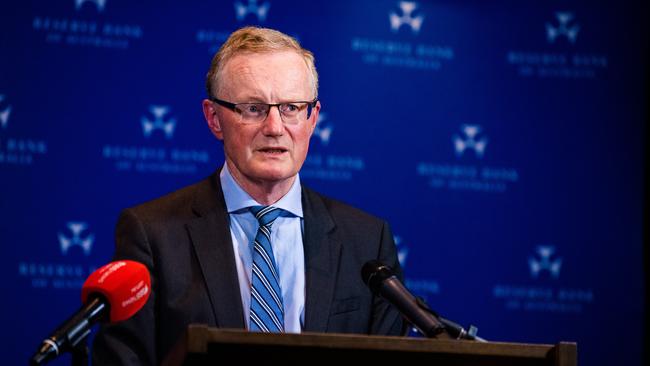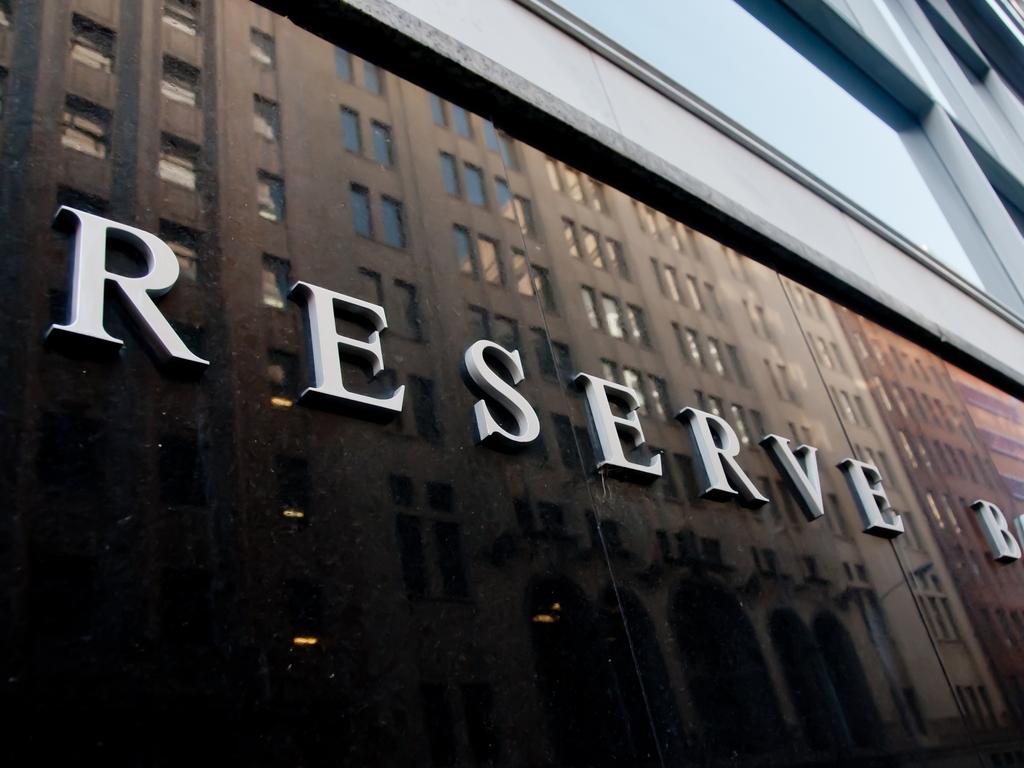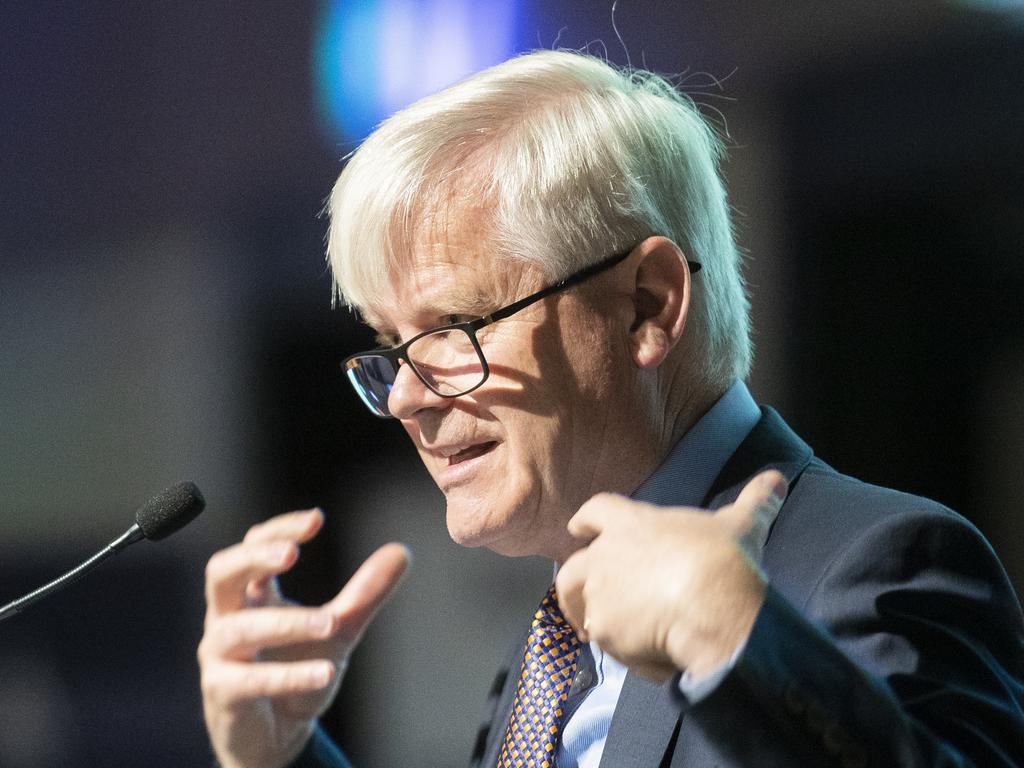
In minutes of its August policy meeting on Tuesday, the RBA moved to signal its growing concern that the Delta strain of the virus represents a new challenge for an economy that is expected to contract sharply in the third quarter, while creating deep uncertainty about what might unfold in the fourth quarter.
“Outbreaks of the Delta variant and accompanying lockdowns had introduced a high degree of uncertainty to the outlook for the second half of 2021,” according to the minutes.
“The board would be prepared to act in response to further bad news on the health front should that lead to a more significant setback for the economic recovery,” the RBA added.
Until now, the RBA has been happy to play down the risks from the Delta variant, arguing that the country learned a lot about how to survive earlier outbreaks, while noting gross domestic product growth surged back to life once normal business activity resumed.
To be sure, the snapback in the economy was strong, with unemployment tumbling in early 2021 and strong GDP growth filling the sails of business and consumer confidence.
But something has changed. The RBA now appears ready to admit that the Delta strain is a vastly different beast that could disrupt recovery in a profound way if it continues to close down key cities like Sydney and Melbourne.
Sydney, which accounts for close to 30 per cent of national output, is now in its eighth straight week of lockdown, with no end in sight. Some are assuming some form of mobility restrictions to last until November. The virus is still spreading throughout regional New South Wales, with neighbouring states slamming their borders shut.
Some economists warn Australia’s national output could contract by as much as 4 per cent in the third quarter, pushing unemployment sharply higher.
Still, the RBA’s current assessment is that the economy will contract by around 1 per cent in the third quarter. That forecast looks hopelessly out of date against a backdrop of a wave of banks this week moving to sharply downgrade the economy’s prospects.
The word “recession” is now being freely bandied about, but fears of a crushing downturn in the second half of 2021 are being soothed by the idea that once vaccination rates hit 80 per cent nationally around November, things will get going again quickly. Many are banking on 2022 to be a year of strong growth.
But as confidence drops, that economic rebound is feeling further away by the minute, and one thing the RBA might want to guard against in the interim is bad optics.
Stoically pursuing the tapering of its government bond buying program through the second half will jar more than just a bit if the economy is in recession by Christmas, bringing with it more business failures and scarring of the job market.
While fiscal stimulus offers a more direct weapon to fighting the pandemic, the deterioration in the economic outlook is now screaming out for the RBA to do something too.
RBA board member Ian Harper said in a recent interview that putting on hold the taper of bond buying from $5bn per week to $4bn per week in September as planned would see added monetary stimulus reach the economy just as it begins recovery.
Mr Harper compared it to pouring fuel directly into a carburettor to run the engine hot.
But that kind of analogy is based on the increasingly outdated presumption that the economy would bounce back in the fourth quarter.
Even if vaccination rates hit desired thresholds by November, the reopening of the economy will still need to be cautious. A full-blooded snapback may not emerge until well into 2022.
The RBA’s awareness of this is growing.
“The high transmissibility of the Delta variant raised the possibility that a more gradual reopening of the economy in affected areas would be needed compared with earlier episodes of lockdown restrictions,” according to the RBA minutes.
The Delta strain is different. Policy actions based on lessons from prior waves of the virus may not apply now.
But the RBA has at least given itself room to respond to the deepening downturn without losing face.
Dow Jones newswires








As Australia battles to root out Covid-19 clusters that are locking down its major cities and fanning increasing talk of a coming recession, the Reserve Bank of Australia has adopted a more cautious posture that gives it room to change course on policy if things continue to go from bad to worse.